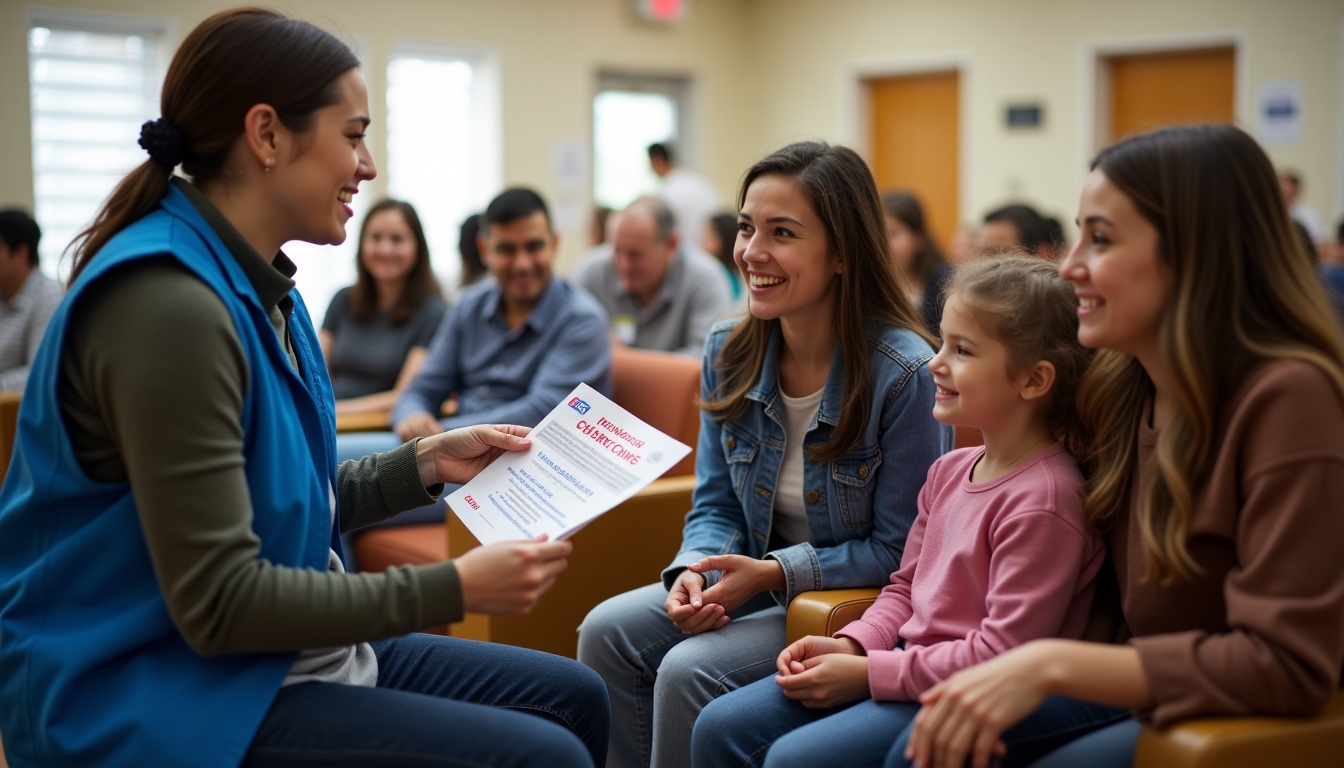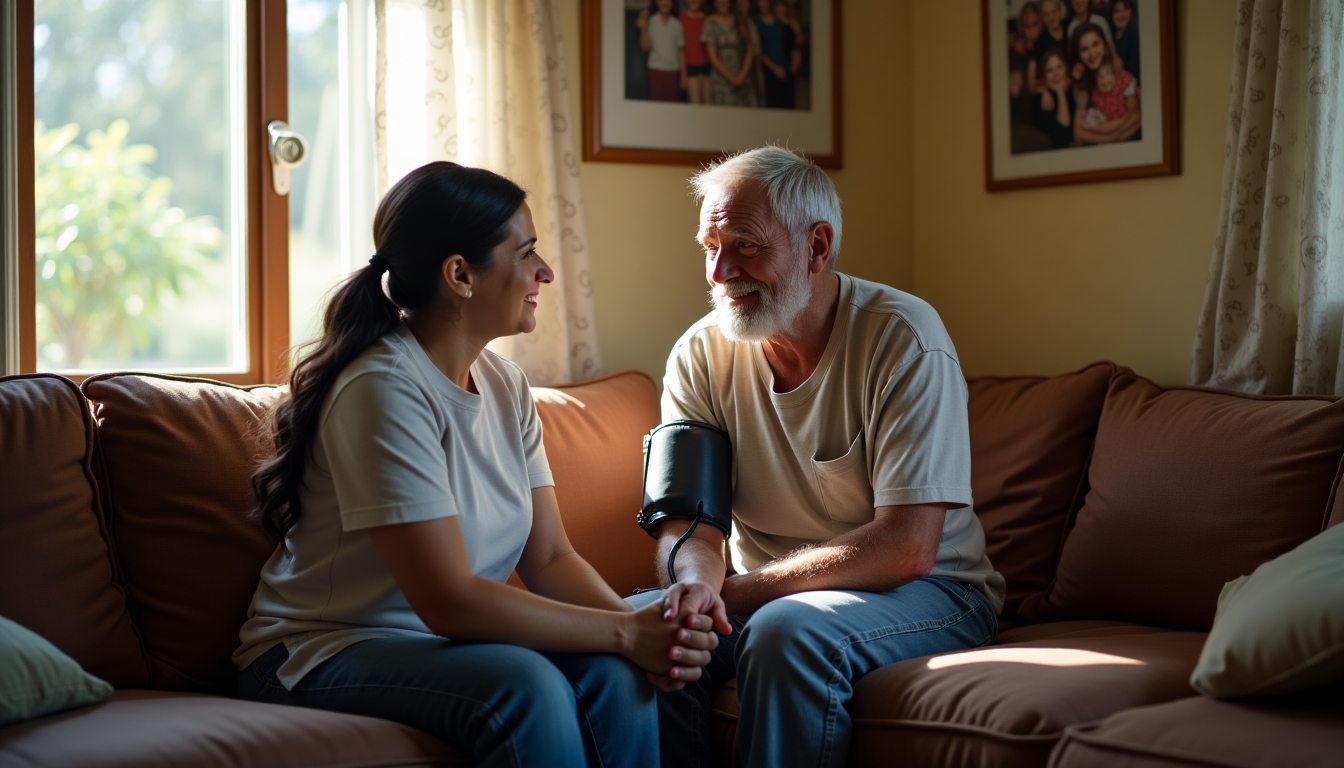Community health workers (CHWs) are the heartbeat of public health in underserved areas. They connect people to healthcare, offer education, and build trust where it’s needed most. This article explores The Role of Community Health Workers in Promoting Health, showing how they improve lives and advance fairness in healthcare.

CHWs come from the communities they serve. They speak the language, understand the culture, and know the struggles. This makes them perfect for helping people get healthier. They visit homes, teach about nutrition, or check blood pressure—small acts that make a big difference.
The Importance of Community Health Centers
Community health centers (CHCs) are where CHWs shine. These clinics offer affordable care to everyone, no matter their income. CHWs work there to reach out, educate, and bring people in. Without CHCs, many wouldn’t see a doctor at all.

At CHCs, CHWs break down walls. They help with language barriers, explain services, and calm fears about healthcare. This builds trust and gets more people the care they need. It’s a team effort that keeps communities strong and healthy.
CHWs don’t just wait for people to show up. They go out—into neighborhoods, schools, and markets. They find those who need help but don’t know where to turn. By meeting people where they are, CHWs make healthcare real and reachable.

Policies to Improve Access to Care for Low-Income Families
Not everyone can afford a doctor. That’s why policies matter. Medicaid expansion, for example, has given millions of low-income families insurance. It’s a game-changer, letting CHWs connect more people to care they couldn’t get before.
Funding for CHCs and CHW training is just as important. When governments support these programs, more workers can reach more families. Strong policies mean CHWs have the tools and backup they need to do their jobs well.
Take a rural town with no clinic nearby. A CHW there might be the only health support for miles. Policies that pay for their training or travel can save lives. It’s about making sure no one gets left behind.

Access to Care: A Right for All
Access to Care isn’t just a phrase—it’s a lifeline. CHWs make it happen by bringing healthcare to people’s doorsteps. They tackle big problems like no transportation or high costs, helping everyone get a fair shot at being healthy.
Health Equity: Leveling the Field
Health Equity means everyone gets a chance to thrive. CHWs fight for this every day. They tackle root issues—poverty, bad housing, or lack of food—that hit some communities harder. Their work cuts through unfairness in healthcare.
In cities, CHWs might help someone find a meal program. In the countryside, they might check on an elderly person’s heart medicine. Wherever they are, they focus on what people need most, making health personal and possible.

Real Stories, Real Impact
I’ve seen CHWs change lives up close. Once, a worker in a poor neighborhood noticed lots of people had diabetes but didn’t know how to handle it. She set up free classes and screenings. Soon, folks were managing better and staying out of the hospital.
Another time, a CHW worked with families who didn’t speak English and feared doctors. She listened, translated, and found them care. Over months, those families went from scared to grateful. That’s the power of someone who cares and understands.
Here’s a quick look at what CHWs often do: - Home Visits: Check health and answer questions. - Education: Teach about diet, exercise, or medicine. - Outreach: Link people to clinics or food help. - Support: Be a friend who gets it.

Why CHWs Matter Most
The numbers back this up. Studies show CHW programs cut healthcare costs and boost outcomes. For example, a Johns Hopkins study found CHWs reduced hospital stays for chronic illnesses by 20%. That’s real progress.
| Before CHWs | After CHWs |
|---|---|
| High hospital visits | Fewer emergencies |
| Poor disease control | Better management |
| Limited care access | More people served |
| This table shows how CHWs turn things around. |
Wrapping Up
Community health workers are everyday heroes. They bring healthcare to those who need it most, pushing for Health Equity and better Access to Care. We need more of them—and more support for their work—to keep communities healthy. Check out the readings below for more!
Discuss Here